Naked Truth: Shizaru
Naked Truth is the brain child of Italian bassist Lorenzo Feliciati, who has made a name for himself throughout Europe since 2005 as both a leader and collaborator.
This piece was originally published by All About Jazz on October 21, 2011
Feliciati has said that Naked Truth came from his desire to create a band where "each voice is equal and contributes to the musical conversation," and where no instrument dominates the melodies or solos. Instead, each composition is based upon a riff or sonic motif, with the players all responding with improvised layers of their own. In this spirit, all songwriting is credited to Naked Truth.
Feliciati has assembled a strong team for this project. The group's pan-genre bona fides are strong. Keyboardist Roy Powell has the most straightforward, jazz-centric credentials of the lot. Trumpeter Cuong Vu is an interesting inclusion on Feliciati's part, perhaps even a staking of ground, given the trumpeter's association over the years with such forward-thinking artists as Myra Melford and Dave Douglas, amongst others. Drummer Pat Mastelotto first achieved mainstream success with '80s popsters Mr. Mister but is now widely known for his long association with King Crimson and its related family of artists. Fittingly, Mastelotto is capable of great power and bombast, as well as spicy accompaniment—in the case of the title track, both within the same five minutes.
While there is no dominant member, the more traditional lead melody instruments in the group certainly stand out. Vu lends an atmospheric, almost disembodied voice to the set; never screechy, always tasteful, one of his most interesting passages is contained in the final minute of the penultimate track, "The Naked." Vu lays down a simple but engaging solo line over percolating interplay between Feliciate and Mastelotto, before it all abruptly ends. Was this a hard cut by the players or a dramatic post-production edit? Either way, it is easy to envision this hypnotic exploration continuing unabated for much, much longer. The denial of such satisfaction makes the track all the more intriguing.
On "Ossimoro," Powell is the glue that holds the pieces together. While seemingly a vehicle for variations on a theme by Vu, Powell creates a world within the song for the other players to riff around, using a variety of sweeping synthesizer modes. It is his work that bridges the various passages and movements in what is one of the strangest and most delightful workouts on the record.
Shizaru evokes several vintage Bill Laswell projects, including the psychedelic jazz of Material's Hallucination Engine (Axiom, 1994) and Laswell's own Panthalassa: The Music Of Miles Davis 1969-1974 (Columbia, 1998), but also hints of the producer's work with Scorn and Praxis. Covering quite a bit of ground in its 40-minute runtime, Shizaru contains a unique blend of tripped out, ambient jazz, capable of whipping up into a whirlwind of funk and thrash.
Tracks: Faster Than An Automatic Door; 66; Shizaru; Ossimoro; Shining Skin Syndrome; Touching Corners; The Naked; Ahkton.
Personnel: Lorenzo Feliciati: guitar, electric guitar, keyboards, electric bass; Cuong Vu: trumpet, electronics; Roy Powell: piano, Fender Rhodes piano, other keyboards; Pat Mastelotto: drums, percussion.
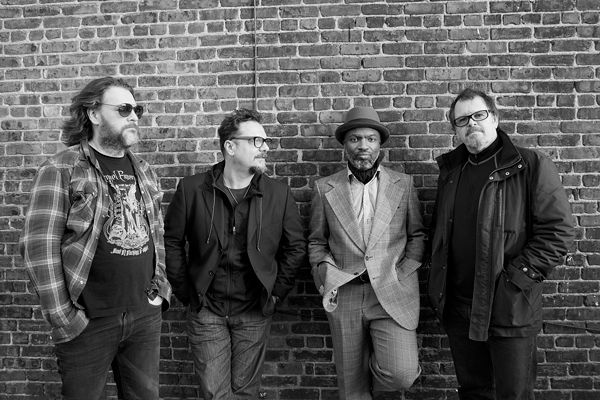

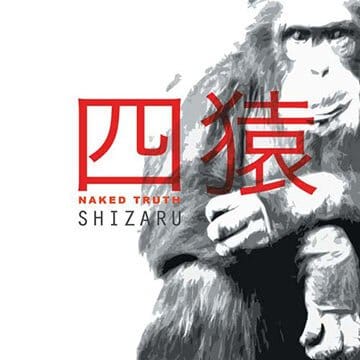
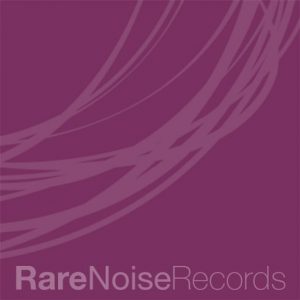

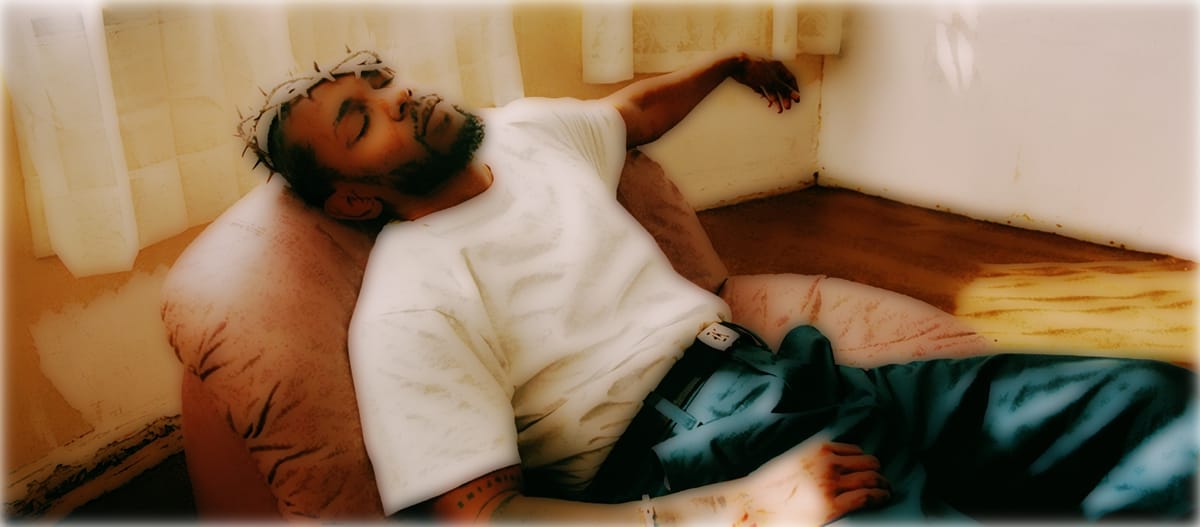
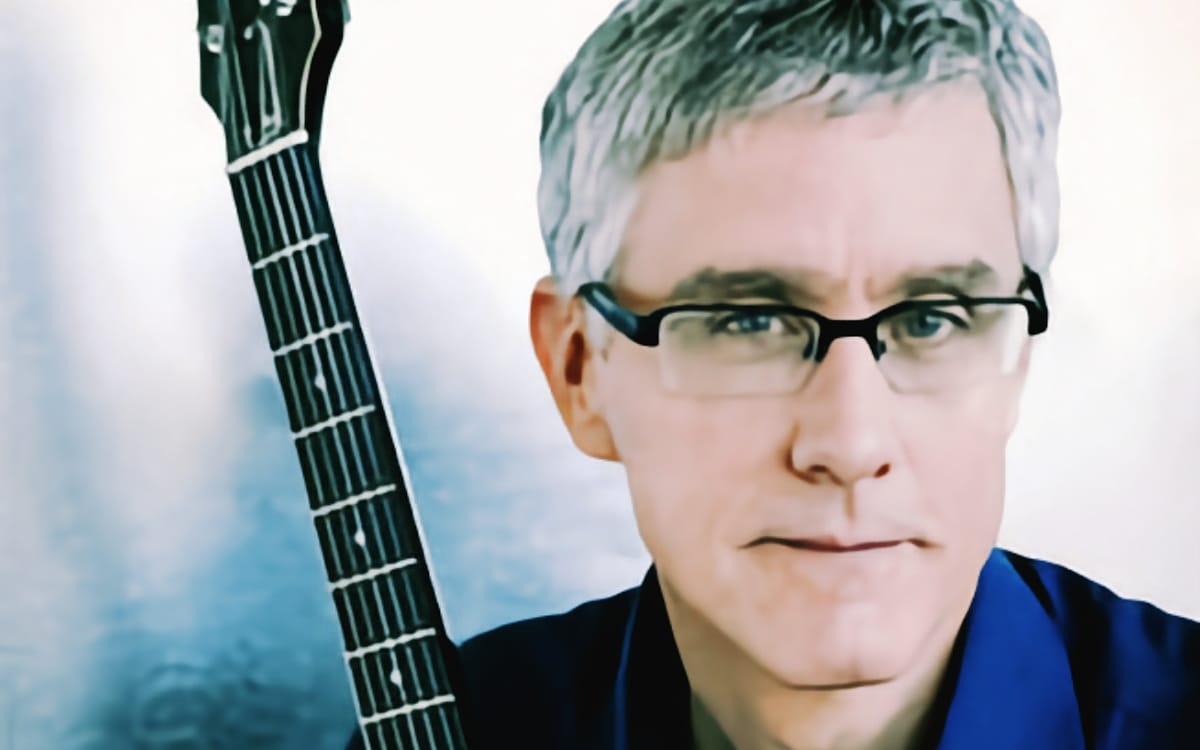
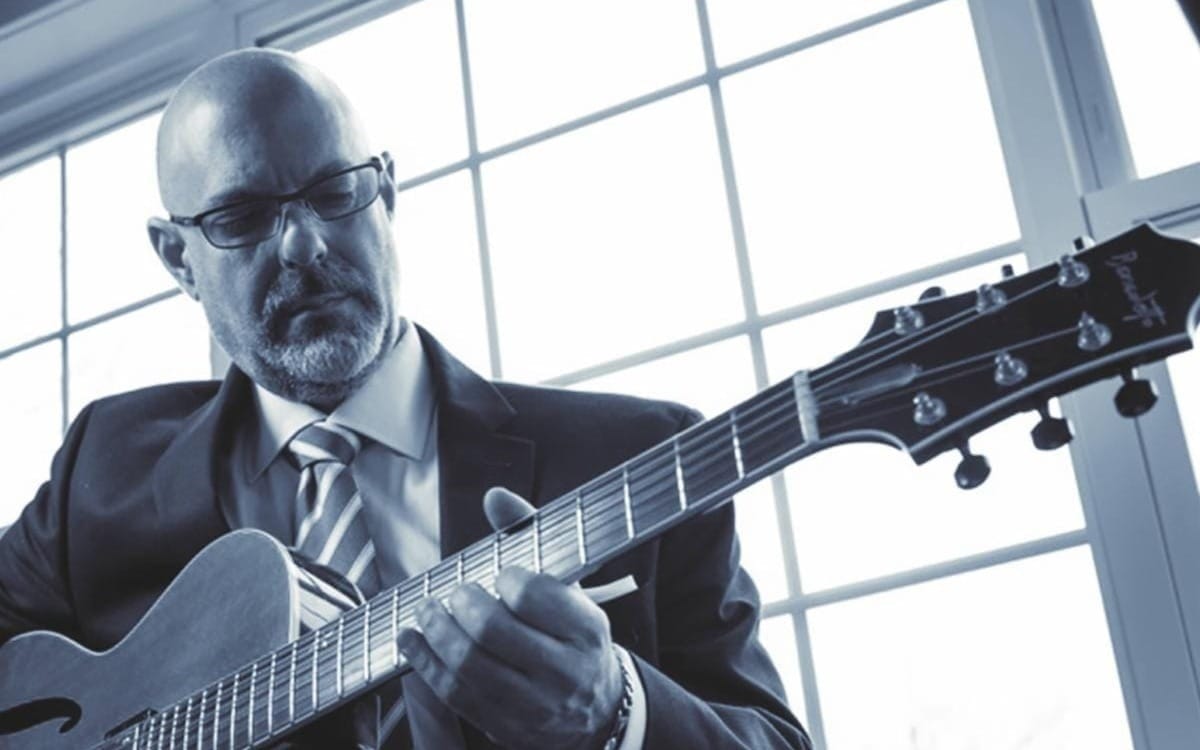
Comments